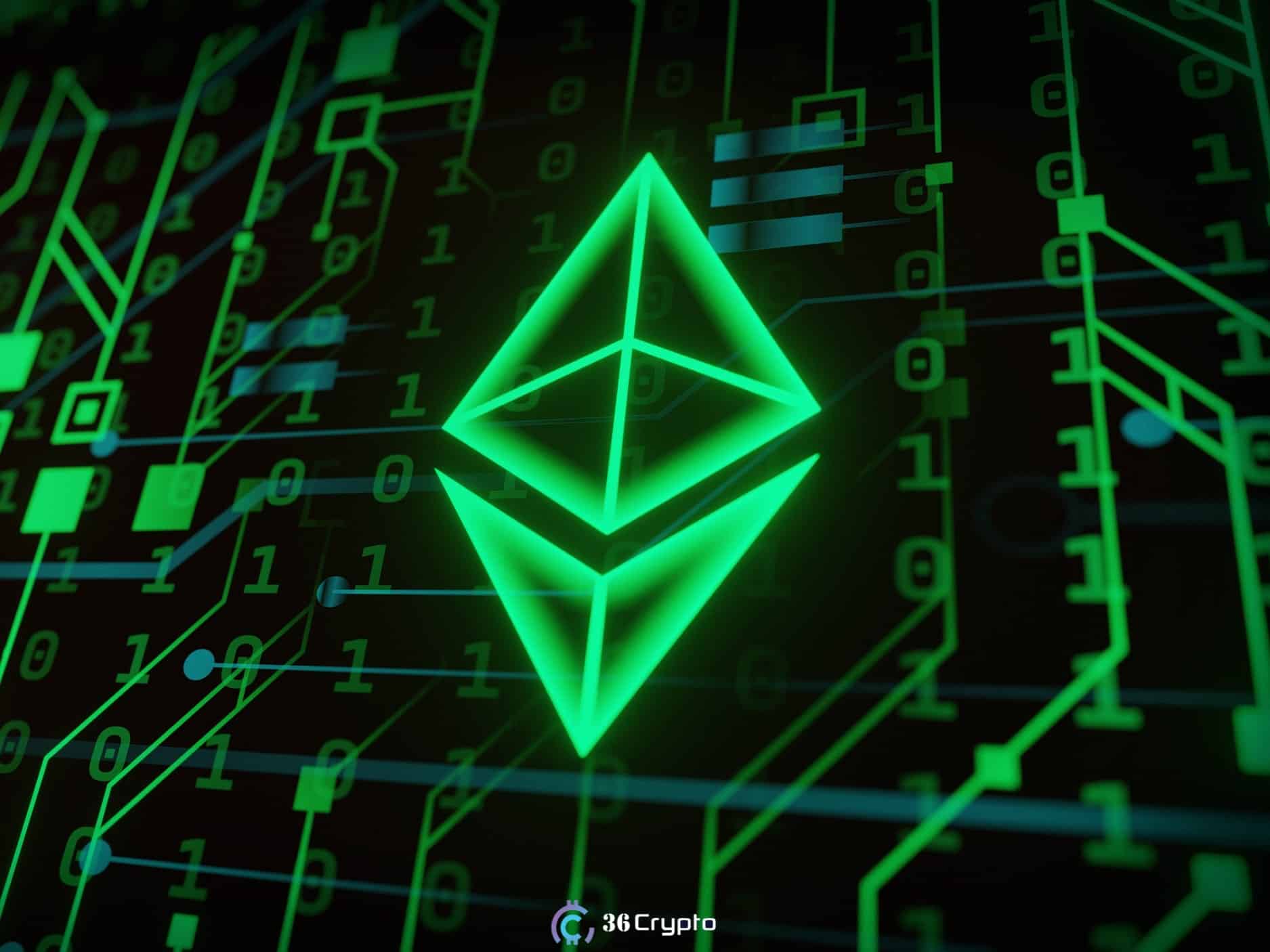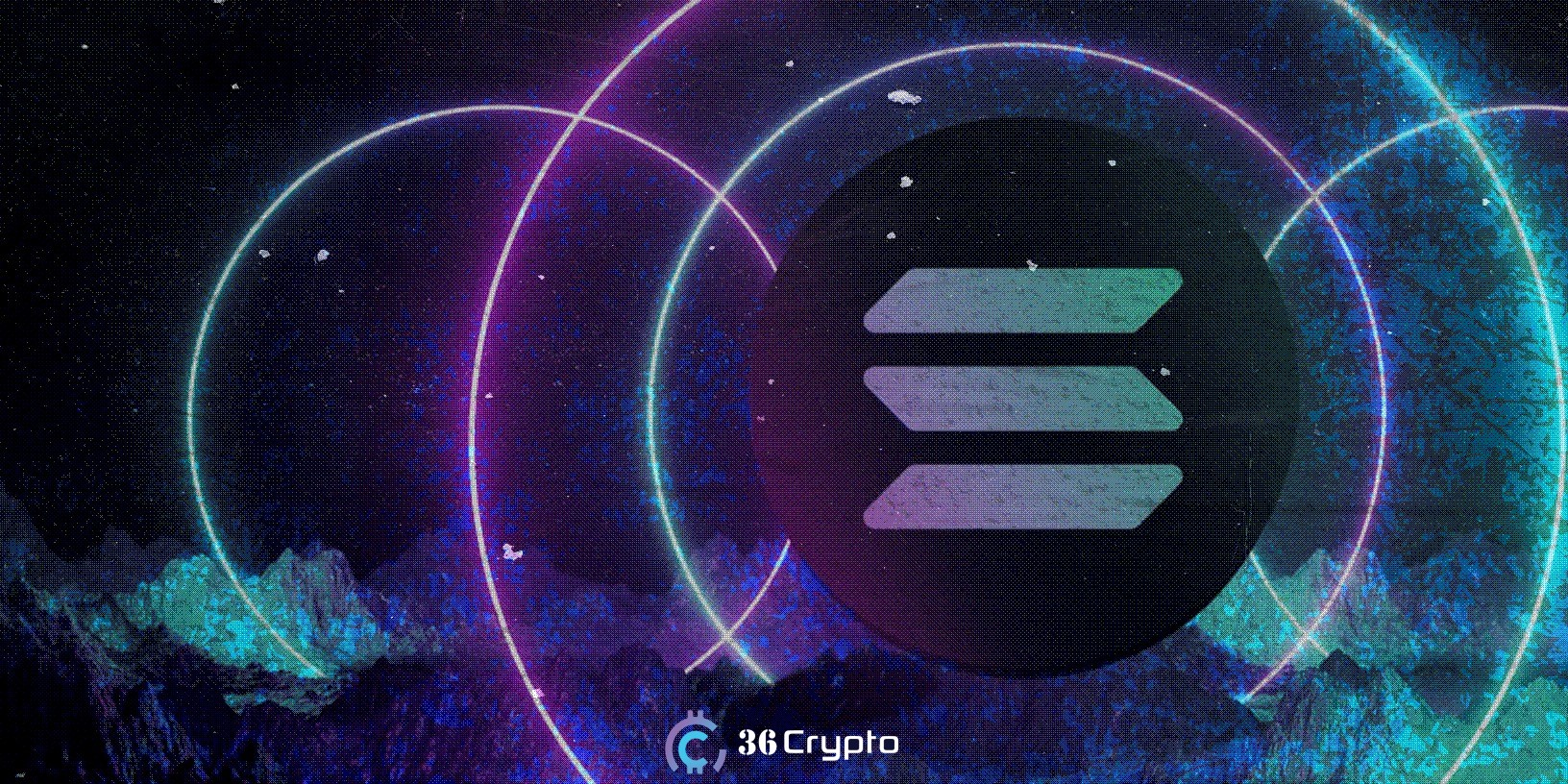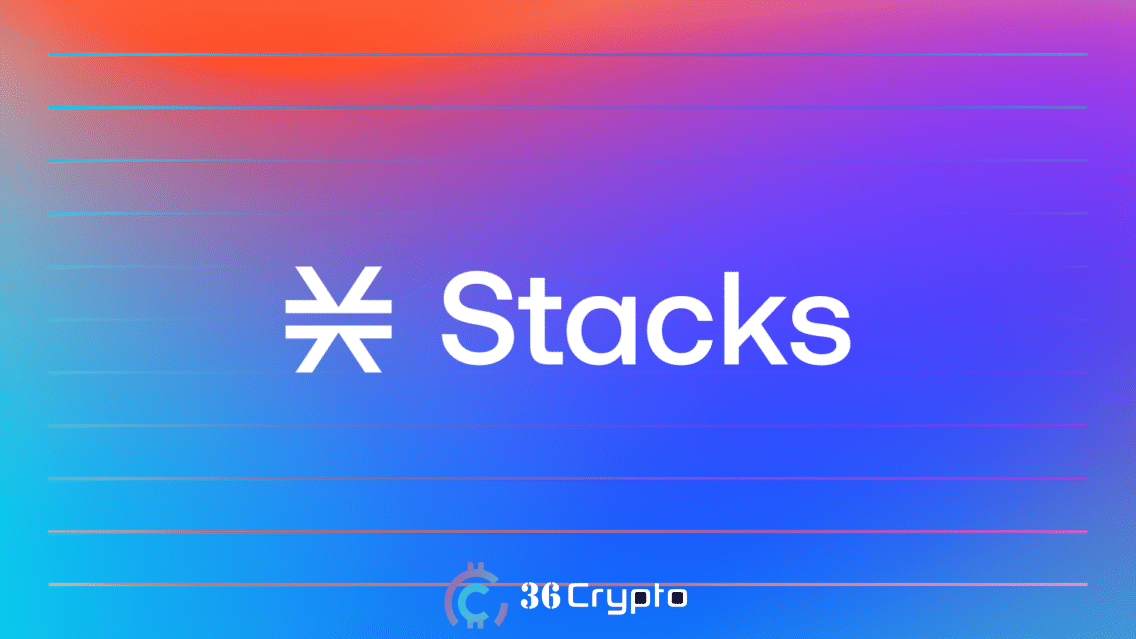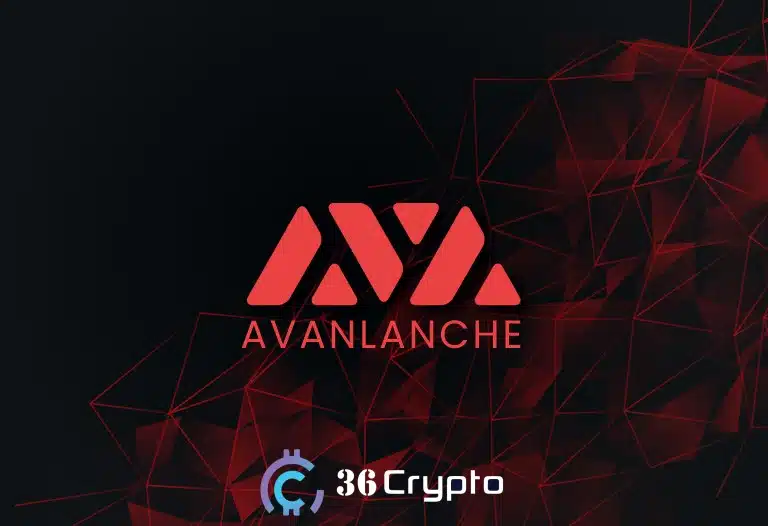Last updated on April 2nd, 2023 at 09:11 am
In 2021, the NFT (Non-fungible token) trade grew 21,000% to more than $17 billion. Interest in digital assets rose exponentially. The NFT market is still growing and evolving as well as more blockchains that they can be built on.
However, 2022 came with a bear market that significantly affected NFTs and made them reduce in value. To enter the NFT market, some decisions should be made which include choosing a befitting blockchain technology for the project. In the article, we will be talking about the top blockchains for building NFT projects in 2023, and some factors to consider before choosing one.
In case you are not very familiar with what a blockchain and a Non-fungible token are, I will give a brief explanation below.
What are blockchains?
As a newbie, you must have heard certain words flying around when it comes to cryptocurrencies, and web 3.0. Words like blockchain or blockchain technology always come up and you must have been wondering what it is. So what exactly is a blockchain and what is it used for?
A blockchain or blockchain technology is an unchangeable ledger that makes the process of recording transactions and tracking assets in a business network easier. They record information and transactions in a decentralized ledger and are shared across other networks involved.
Individuals or groups of people mine the blocks on the chain. Their works are tracked, documented, and stored securely in a digital ledger.
What are the benefits of using blockchains?
The main benefit of using blockchain is that it acts as a database for recording transactions, and reduces the possibility of it being tampered with by making it immutable. However, its benefits extend beyond that. Blockchains have been proven to be beneficial in these ways:
- Security: Blockchain technology has tight security that prevents tampering with data and fraud.
- Saves Time: Blockchains improve scalability and speed up transactions by reducing the transaction time to minutes. Verification by a central authority isn’t required therefore completion time is improved.
- Saves Cost: Individuals can perform transactions directly without having any third party involved. Participants also have access to a shared ledger.
Learn more about how blockchain technology works.
What is a Non-fungible (NFT)?
Lots of investors have turned their attention to NFTs. In case you are still wondering what it is, Non-fungible tokens simply put are cryptographic digital assets that are built on blockchains. They have unique metadata that shows ownership of real-world assets like artworks, real estate, etc.
When an NFT is created, codes that are stored in smart contracts are executed and they comply with different standards such as the ERC-721 and ERC-1155. The relationship between NFTs and blockchains cannot be overemphasized. Non-fungible tokens exist only on blockchains and are programmed through smart contracts.
Is there a future for NFT (Non-fungible token)?
It may seem that the hype surrounding NFTs has died down a bit, this is largely due to the general crash that rocked the market in 2022. Every project built on blockchains has been affected by the bear market, but that is not to say there isn’t a bright future ahead for NFTs.
Technology and the internet are evolving. We are slowly moving into the third generation of the web which is popularly known as Web 3.0, and blockchains play a major role in this development. This is to say that the possibilities for major growth of projects built on the blockchain are endless, and NFTs won’t be left behind.
Keep in mind that many big companies like Nike, Gucci, and Adidas have joined the NFT market so mass adoption should follow in the coming years which will in turn trigger a significant bull market for NFTs.
Factors to consider before choosing a blockchain
Before choosing which blockchain to work with, there are certain things you might want to consider, they include:
Security: This is one very important factor to keep in mind before making a choice. Security is influenced by the blockchain’s consensus mechanism.
Scalability: When you talk about scalability in blockchain, you refer to the number of transactions that can be processed in a given time.
Cost of transaction: Transaction cost, also known as the gas fee can be described as the amount that should be paid to the blockchain for you to perform a transaction.
The volume of transactions: This simply refers to the number of transactions that are completed on a blockchain, the movement of crypto assets from one address to another.
What are the best blockchains for Non-fungible tokens (NFTs) in 2023?
If you have followed the post to this point, the next question you might want to ask is, are there multiple NFT blockchains? or which blockchain is the best for NFTs? In this section, I will be answering those questions.
There are lots of blockchains available that a Non-fungible token can be built on, however, there are a few of them that stands out; Ethereum, Stacks, Avalanche, and Solana are the top 4.
1. Ethereum

Ethereum is the best blockchain for NFTs. Most NFTs available right now are built on the Ethereum blockchain. It is the dominant network for NFT activities. According to statistics, Ethereum makes up 76% of all NFT volume.
Most of the expensive NFT collections like CryptoPunk and Bored Ape Yacht Club are built on the Ethereum Blockchain. This is mostly because Ethereum was the pioneer blockchain in smart contracts.
One of the biggest NFT marketplaces Opensea is also the main marketplace for Ethereum-based NFTs. Ethereum NFTs are gaining more popularity and are becoming more global. Ethereum blockchain wins the volume of transactions on my list.
2. Solana

The second most popular blockchain in the NFT market is Solana. It is a public blockchain platform with smart contract functionality. The blockchain was launched in March 2020 with SOL as its native token.
Solana is regarded as one of the blockchains with the best scalability because of its ability to process huge amounts of transactions in a short time. While Ethereum works on a proof-of-work mechanism, Solana on other hand works with a proof-of-history consensus.
Magic Eden is the dominant marketplace for Solana-based Non-fungible tokens in terms of sales volume. Solana blockchain wins the most scalable and has the lowest cost of transaction on my list.
3. Stack

Founded by Muneeb Ali and Ryan Shea, back in 2013, Stack is an open-source platform that enables smart contracts, Decentralized Finance (DeFi, NFTs, and Bitcoin apps. The project also provides open-source software for data storage and authentication. It operates on the proof-of-transfer POX mechanism.
Stacks blockchain is linked to Bitcoin by this POX mechanism, and it also leverages Bitcoin security. It has its nodes, its network, its miners, and also its coin.
Stacks wins our best NFT blockchain in 2023 in terms of security.
4. Avalanche

Avalanche was launched in 2020 and since then it has slowly made its way to the top of the blockchain list, however, it only started seeing a spike in NFT activities earlier this year. Statistics show that the volume rapidly grew from $12.6 million in December 2021 to $57 million in January and almost $70 million in February 2022 according to Fool.com.
The play-to-earn (P2E) game “Crabada” is the major driver of NFT sales on the Avalanche blockchain. Other P2E games like DeFi Kingdoms which was created on the Harmony One blockchain have moved to the Avalanche blockchain.
Avalanche is an up-and-coming blockchain in the NFT space with a very good prospect. MetaMask wallets can be used to buy Non-fungible tokens on Avalanche.
Where can blockchain technology be applied?
Blockchain extends beyond cryptocurrencies and it can be used in other day-to-day activities like;
- Insurance
- Real Estate
- Lending
- Artiste Royalties
- Logistics
- Data Storage
- Gambling
- Money Transfers, and others.
Learn how to buy NFT on Opensea.
Conclusion
There are several blockchains available on which a non-fungible token can be built, and making a choice depends on what you want to accomplish.
My overall best pick for the best non-fungible token (NFT) blockchains for 2023 is Ethereum. However, if you want a blockchain that will be more scalable and cost-efficient, then I suggest you check out Solana.